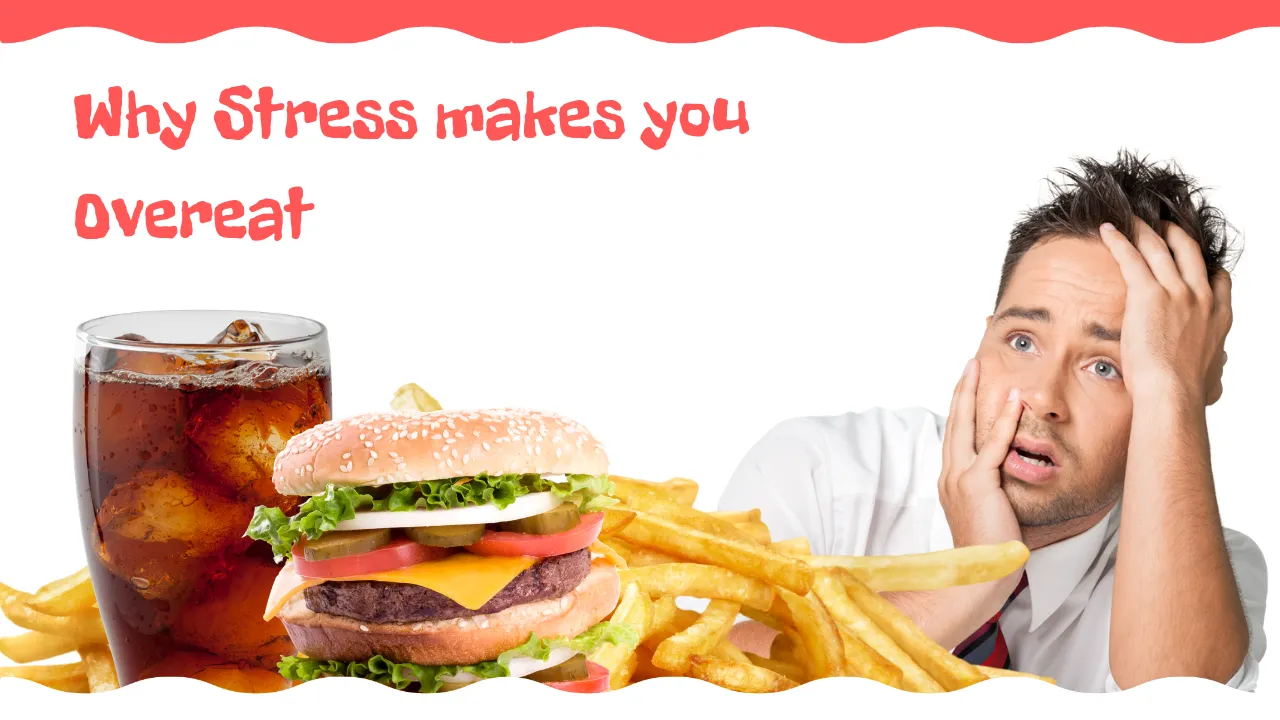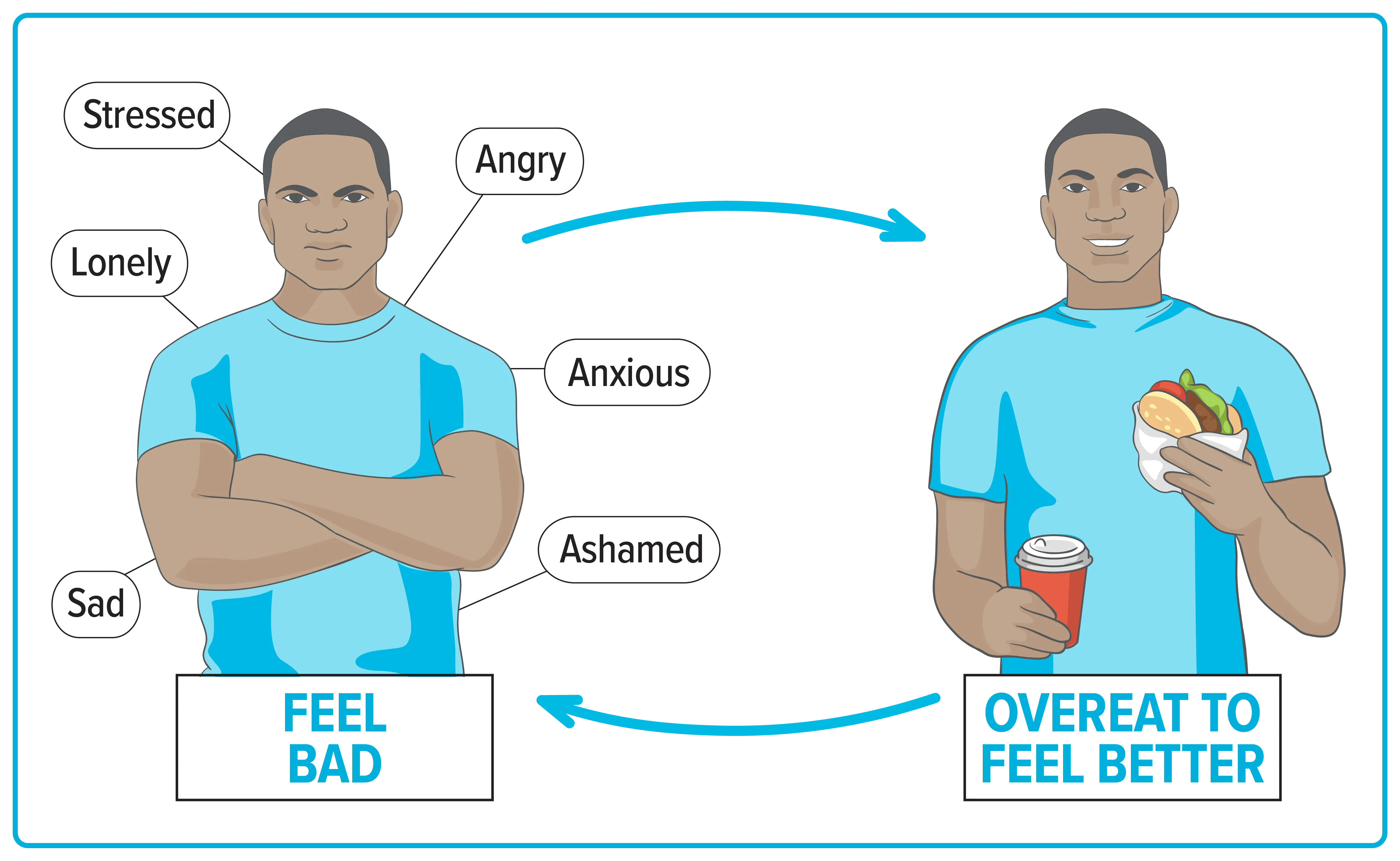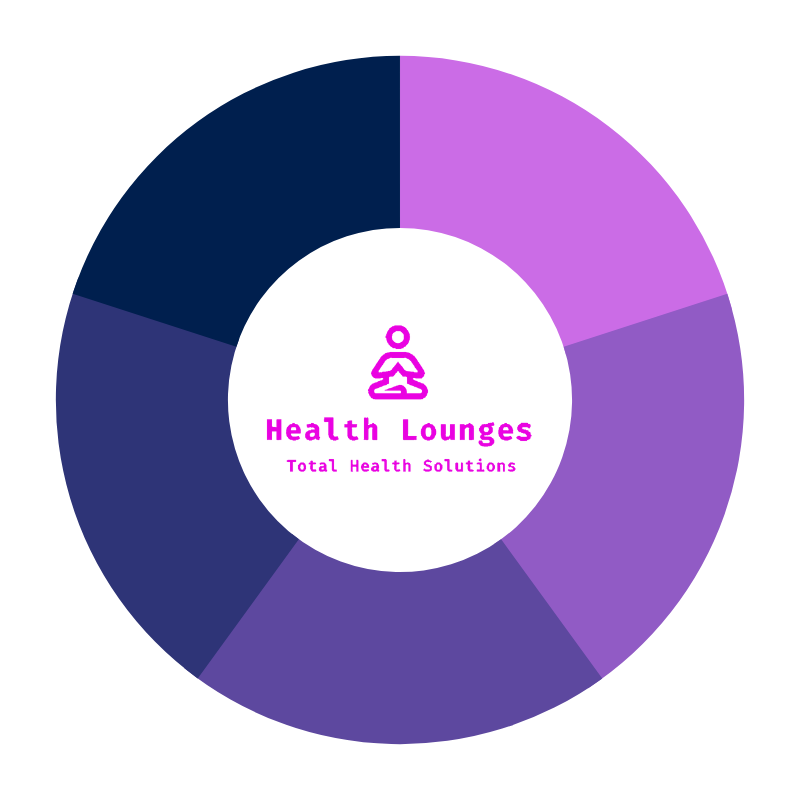Why does stress make you overeat?

There’s a Reason It’s Called “Comfort Food”
When life feels hard, people turn to food.
And often, way more than they’d like.
That’s why 60 percent of our incoming clients say emotional eating is their #1 biggest nutrition challenge.
It’s not hard to understand why.
Eating feels good.
As a result, food offers a pretty great—if very temporary—solution to our suffering.
Think of it this way: When you “stress eat,” you’re using food to solve a problem (anxiety, pain, grief, discomfort). Only it’s a problem that food can’t solve.
Most people who experience emotional eating feel trapped and guilty afterward, perpetuating the behavior.

But here’s the thing: Emotional eating can be so automatic you don’t even know what’s triggering it.
If you can relate, here’s an unexpected approach that might help:
Permit yourself to overeat.
It sounds odd, we know, but it can help identify the precise triggers—certain sights, smells, people, and emotions—that drive you to lose control.
So what do you do, exactly?
Next time you get the urge to stress eat, treat it as an experiment.
So yes, go ahead and overeat.
It’s going to feel counterintuitive at first.
Uncomfortable even.
But view it as a learning experience—a necessary step in the process. (Plus, there are worse ways to learn.)
And
Take notes. Call it your Worksheet.
It suddenly doesn’t feel as urgent.
When it’s no longer forbidden, the intense craving for a whole box of cookies sometimes becomes a more manageable desire for just one or two.
So try to observe your experience as neutrally as possible.
If you’re having trouble…
Pretend you’re a scientist collecting data on someone else.
Afterward, review the Worksheet. What do you notice?
Are there any patterns or ‘a-ha’ moments that stick out to you?
Maybe you notice that you head for the pantry right after getting off a stressful, two-hour-long conference call.
And you realize you’ve been doing that almost every day for… weeks.
You may do this experiment a few times before the trigger(s) becomes evident.
That’s okay.
If this happens, do your best not to obsess about the decision to eat or not eat.
Instead, focus on learning more about your behavior, and keep your worksheet notes handy, so you can add to them as needed.
Once you know the trigger, decide what to do about it.
If it’s something, you can avoid, great.
If your trigger isn’t something, you can change or avoid, sometimes just being aware that you’re experiencing a trigger can help.
And BTW, if you’re fascinated by this kind of coaching method—one that helps to solve the deeper problems behind their most extensive food and fitness problems—and you want to master it yourself, consider our Recovery, Sleep & Stress Management Program (The next session opens soon.)
It gives you the tools, skills, and knowledge you need to get unstuck and make the progress you want (and deserve).
Until next time,
Dt. Mohit Mittal
(BFND, B.TECH, DDHN, NSQF-4, YCB-3, SSY-1, PT- REPS INDIA)
